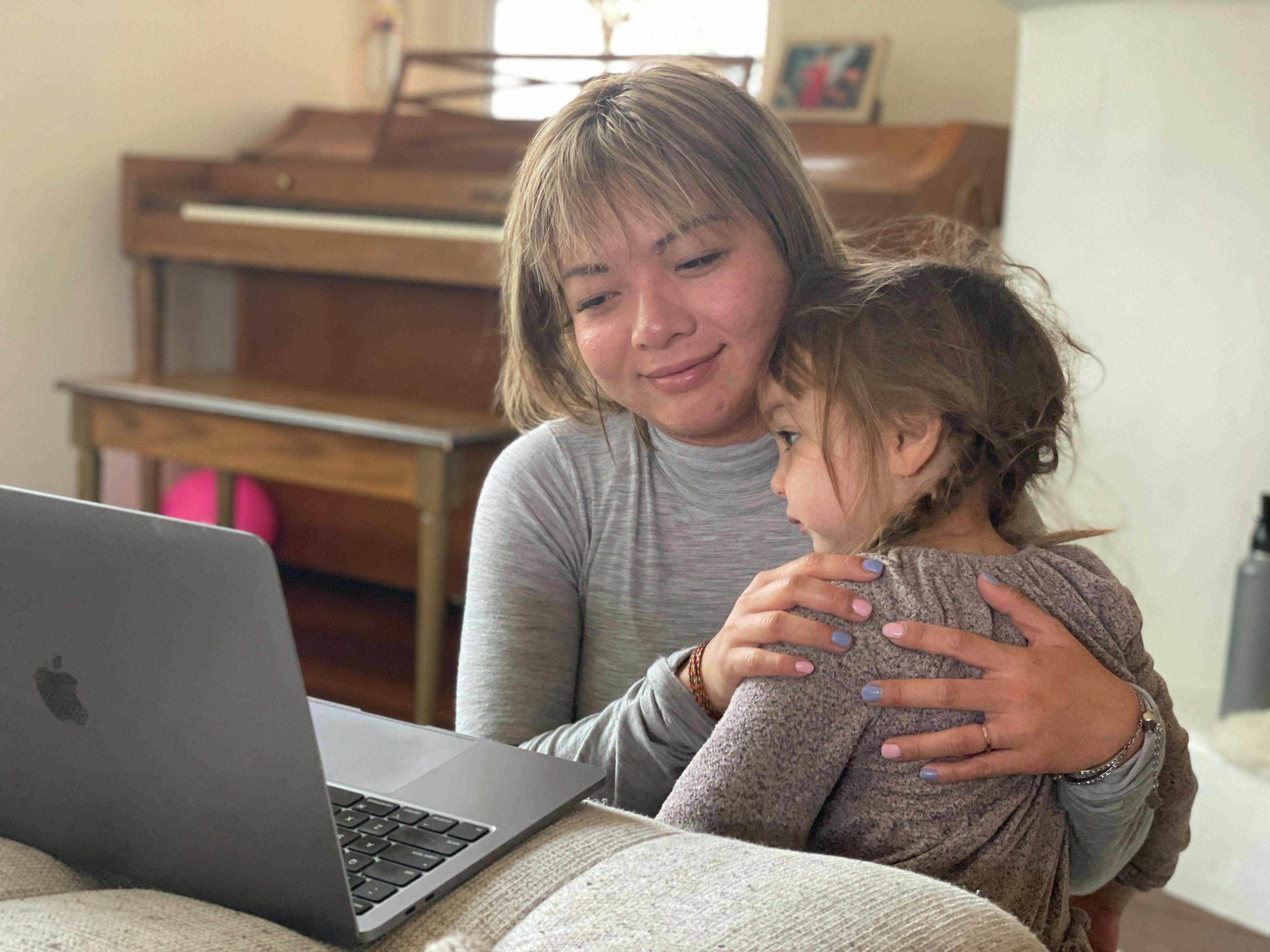650 reads
The Pandemic of Childcare
by
May 14th, 2021
Audio Presented by

HackerNoon Mama-in-Chief; Mama to Norah & Ira & May; from Hanoi 🇻🇳 Based in the US
About Author
HackerNoon Mama-in-Chief; Mama to Norah & Ira & May; from Hanoi 🇻🇳 Based in the US
